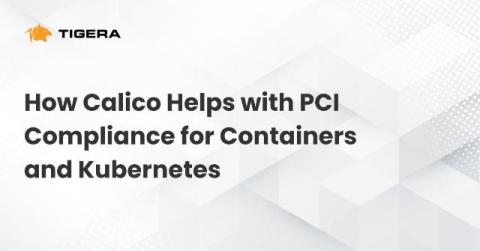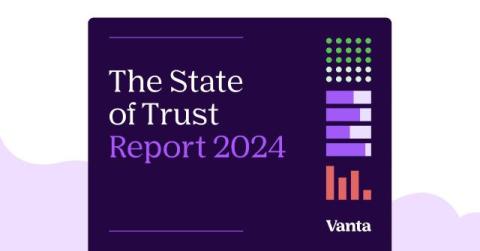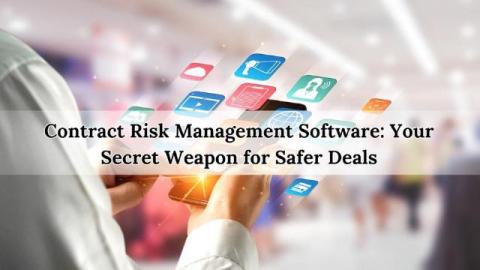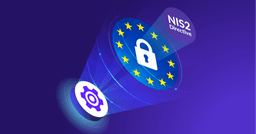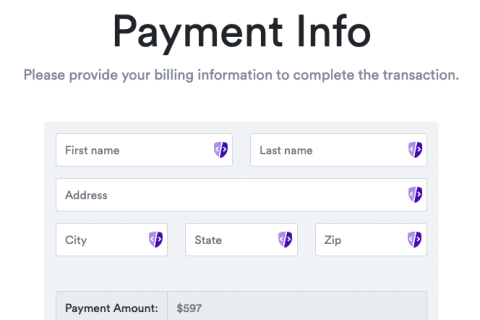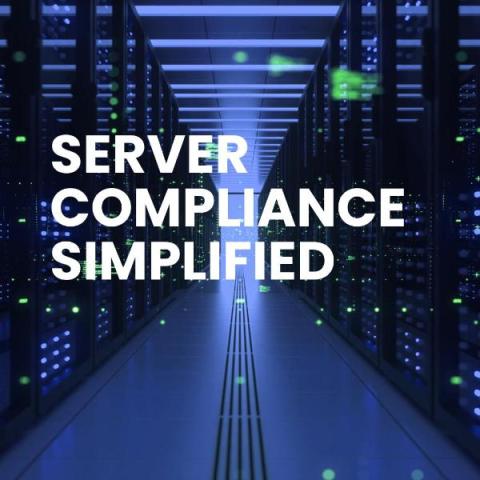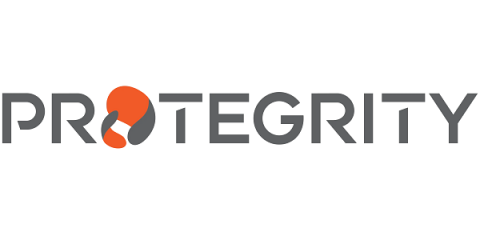How Calico Helps with PCI Compliance for Containers and Kubernetes
The Payment Card Industry Data Security Standard (PCI DSS) is a global standard designed to ensure the security of cardholder information. It is crucial for any organization that stores, processes, or transmits payment card data to comply with PCI DSS to protect the integrity and confidentiality of cardholder information.


